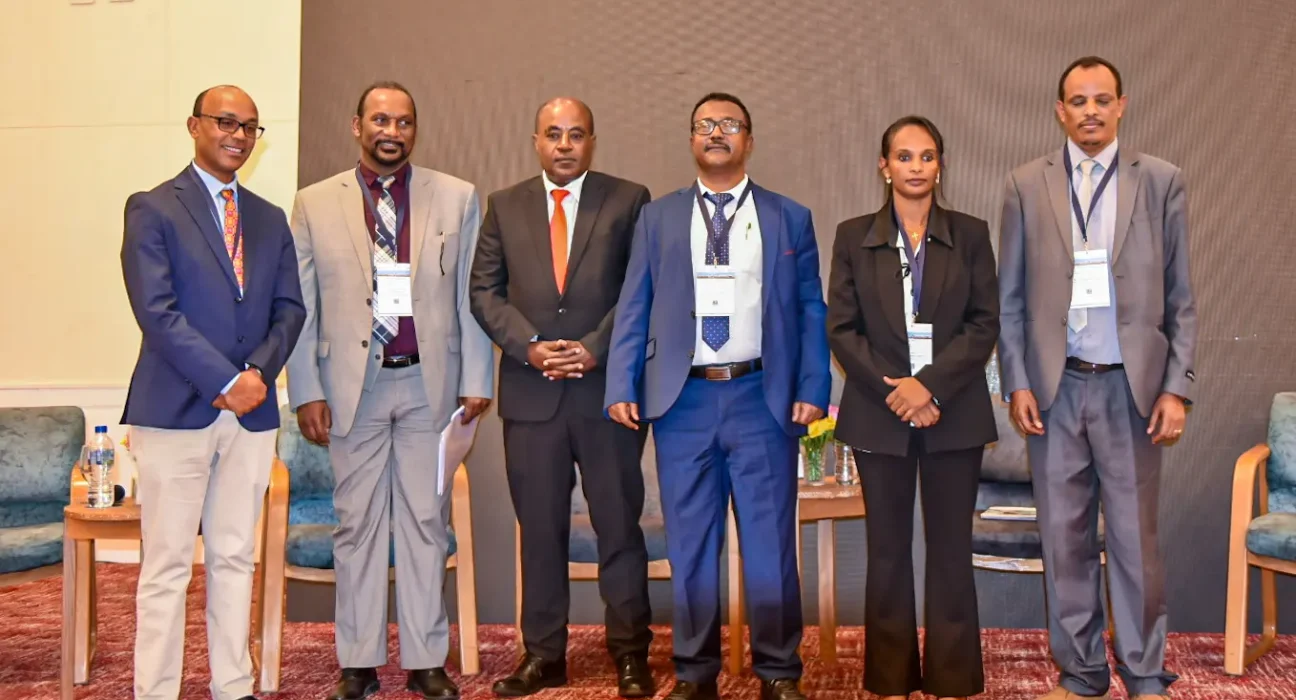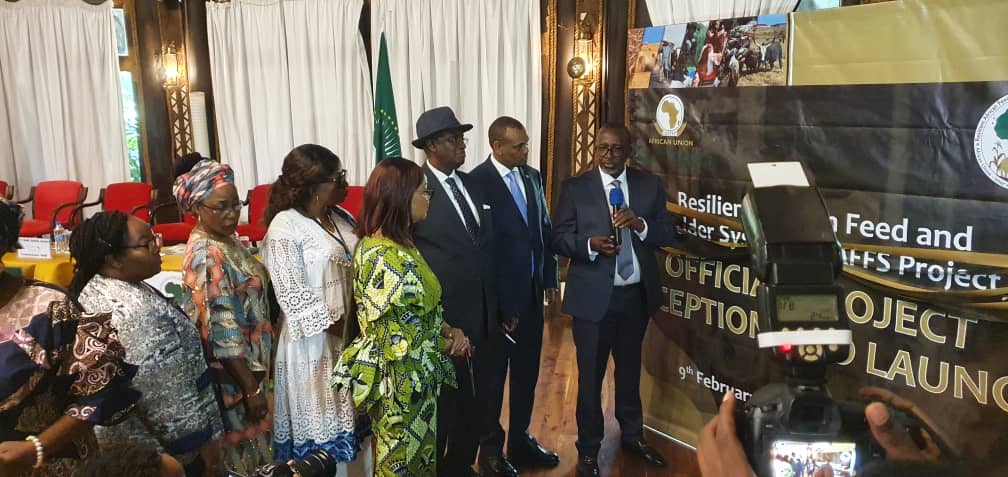By Eddah Waithaka
Ethiopia reinforced its commitment to advancing science, technology, and innovation (STI) during the PASET Regional Scholarship and Innovation Fund (Rsif) High-Level Policy Dialogue on 26 June 2025 in Addis Ababa.
Over 40 stakeholders, including policymakers, academics, researchers, and private sector leaders, gathered at Haile Hotels and Resorts to tackle critical challenges in doctoral education and research under the theme: “Bridging Policy and Practice: A Strategic Approach for Higher Education and Skills Development in Ethiopia.”
Addressing Systemic Challenges in Doctoral Training
A Carnegie Corporation of New York-supported study exposed deep-rooted issues in Ethiopia’s doctoral programs, including a 51% dropout rate, weak infrastructure, funding gaps, and gender disparities.
Dr. Agnes Lutomiah, Head of Programme at the African Centre for Technology Studies (ACTS), presented the findings, emphasizing the need for urgent reforms.
“Poor supervision, mental health struggles, and lack of career pathways push students out of PhD programs,” said Dr. Lutomiah.
She called for gender-responsive policies, better mentorship, and stronger industry links to improve completion rates.
Ethiopia’s Push for a Knowledge-Based Economy
H.E. Dr. Bayissa Badada, State Minister for Research and Innovation at Ethiopia’s Ministry of Innovation and Technology (MInT), declared higher education transformation a national priority.
“We must shift from a resource-based economy to one driven by knowledge, creativity, and innovation,” he said. He announced the launch of Ethiopia’s National Research Foundation to streamline research funding and foster innovation hubs in line with the STI Policy 2035.
Rsif’s Role in Strengthening Ethiopia’s STI Capacity
Dr. Everlyn Nguku, Head of Capacity Building at icipe, highlighted Ethiopia’s leadership in the Rsif network, which has awarded 302 PhD scholarships across Africa, including 11 Ethiopian scholars.
“Haramaya University, an Rsif African Host University, currently hosts 8 scholars, with another joining soon,” said Dr. Nguku.
She praised Ethiopia’s early investment in science and its role as a founding PASET member.
A high-level panel featuring H.E. Ato Kora Tushune (State Minister for Higher Education), Prof. Teketel Yohannes (Ethiopian Academy of Sciences), and Rsif alumna Dr. Fenet Belay (Jimma University) proposed actionable reforms, urging Ethiopia to increase funding for doctoral programs and research infrastructure, improve supervision quality through transparent accountability systems, boost gender equity with mentorship and childcare support, strengthen industry-academia collaboration to align research with national priorities, and expand postdoctoral opportunities to retain top talent.
Dr. Tesfaye Lemma, Acting President of Wollega University, urged universities to lead the transformation.
“We must turn these recommendations into action, not just produce knowledge, but drive change,” he said.
Dr. Nicholas Odongo (ACTS) and Dr. Nguku closed the dialogue with a unified message, “This is about people not just systems. Ethiopia’s future depends on empowering its researchers and innovators.”
The Regional Scholarship and Innovation Fund (Rsif), coordinated by icipe, is Africa’s first pan-African science fund, supporting PhD training in applied sciences, engineering, and technology.
Ethiopia remains a key partner, leveraging Rsif to build a stronger STI ecosystem.







